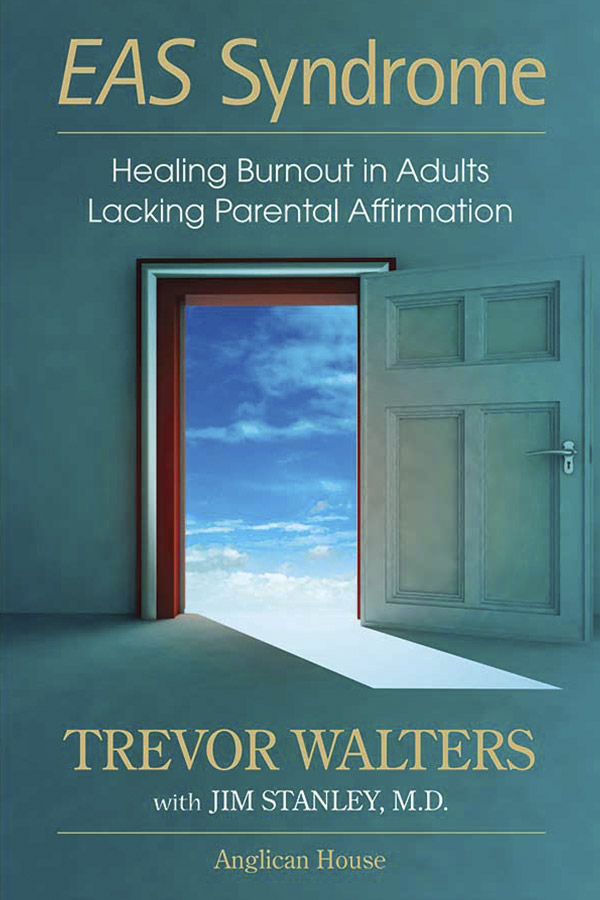Description
Why do so many pastors burnout and leave the ministries they’ve so diligently shepherded? The phenomenon is epidemic today, with record numbers leaving monthly. Trevor Walters, writing in professional partnership with an experienced psychiatrist, shows us that midlife burnout is not caused by stress, as we thought, but by an inner conflict that is so strong and so persistent as to ignite the burnout of professional men and women.
From decades of counseling burned-out clergy, and other professionals, Walters has determined that in most cases the operative inner conflict is affirmation deficiency. When one’s parents fail in their God ordained task of affirming a son’s or a daughter’s unique personhood during the formative years, the child, as an adult, will embark upon a life-long quest for affirmation they can find elsewhere—particularly affirmation from those whom they serve. But they can maintain this pursuit of affirmation for only so long, before burning out at around age 50.
No book until now has identified and explained External Affirmation Syndrome (EAS), its consequences, and a therapy for its healing. Collaborating with psychiatrist Jim Stanley, M.D., Walters offers hope in demonstrating that bringing to light this hidden source of burnout, far from being a dire diagnosis, is actually the first necessary step in seeking the blessed healing that is available only through the Great Physician, Jesus Christ.
The insights that this milestone book offers to psychologists, psychiatrists and religious counselors are also insights accessible to anyone who is seeking to understand their own struggles—as well as loved ones and employers who are concerned about a fall-off in the performance or wellbeing of another.
This is neither a man’s book nor a woman’s book, nor is it a book for a particular age or professional group. Individual chapters identify and explain how and why:
- The usual cause of midlife burnout is not stress as we thought, but inner conflict.
- Observable symptoms of burnout are catalogued.
- Jesus was affirmed at the Jordan River before he had done anything to earn it (the heavenly template). He was enabled to slough-off temptations and challenges, well knowing that his Father affirmed him.
- The behaviors Jesus modeled are not beyond our reach today.
- EAS people live in real bondage to subjectivity (internalizing happenings according to their own feelings and previous experiences) rather than living objectively; hence their addiction to affirmation.
- Childhood affects you; e.g., resentment begins at home, caused by a lack of affirmation
- Co-dependencies of the growing-up years matter.
- Misunderstanding the Fifth Commandment (honor your father and your mother) gets in the way of healing.
- Victims of abuse accept responsibility for what happened to them. Similarly, children attribute lack of parental affirmation to being unworthy of it, with harmful consequences for life.
- One must know the true extent of the damage done before choosing to forgive others.
- Cataloging parental failures is a necessary step to assigning blame where it belongs, and thus true forgiveness.
- Excusing parental failures via “forgiveness” allows wounds to continue festering.
The authors further explain the importance of:
- Grieving the loss of “what could have been” during the growing up years, and of grieving for one’s parents who also missed out on God’s plan.
- Coaching for an imaginary trip back to one’s home of origin, in order to offload the toxic emotions generated there.
- Seeking out people of godly wisdom. (C.f., St. Paul’s many affirmations in the introductions to his letters.)
- Living into words of affirmation received from discerning people.
- Building healthy peer-to-peer relationships in place of shallow “best friend” relationships.
- Persons healed of EAS go about the business of parenting themselves, and doing it well.
- Learning how to affirm one’s own children.


